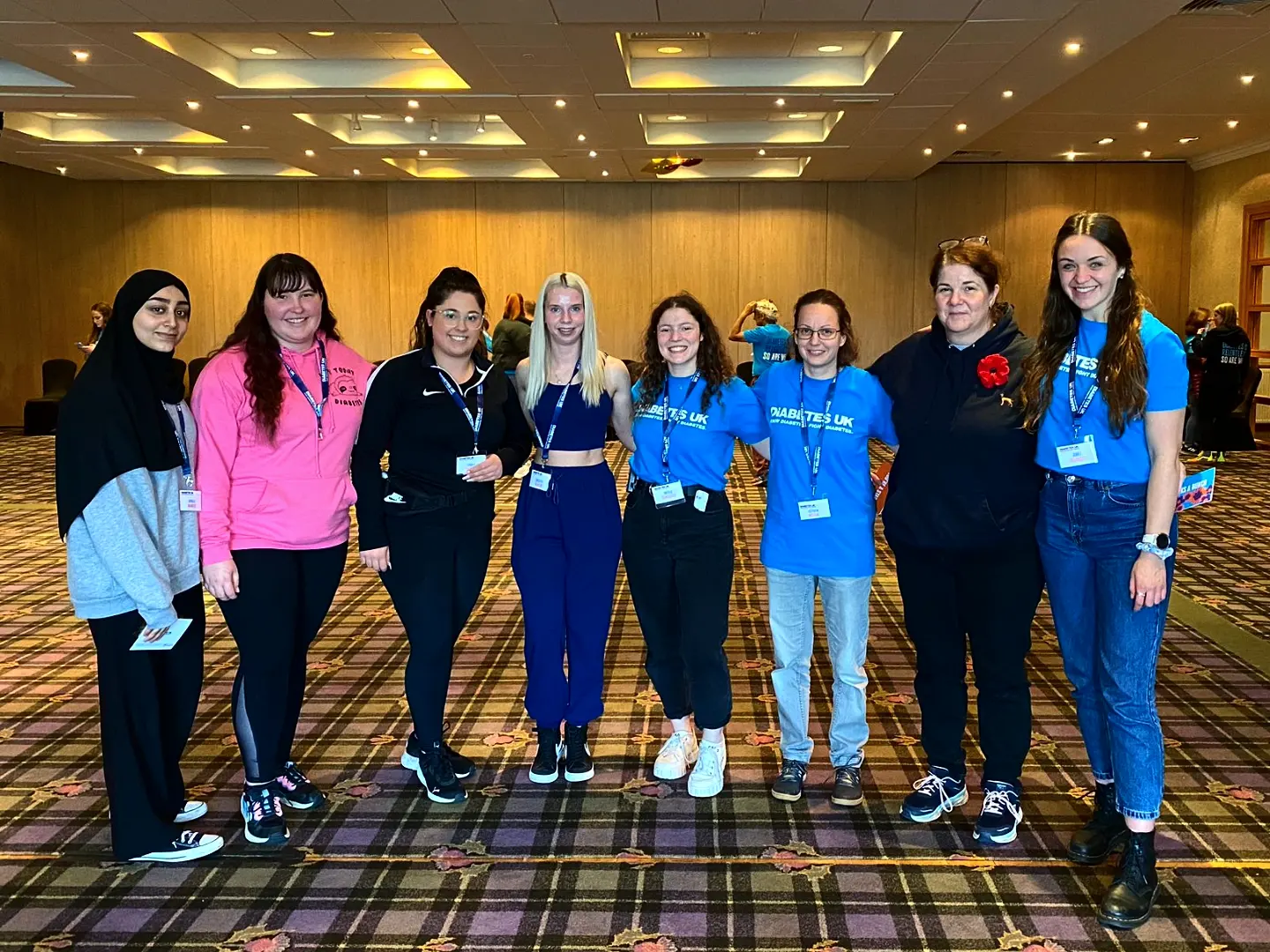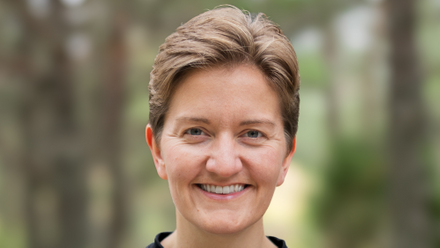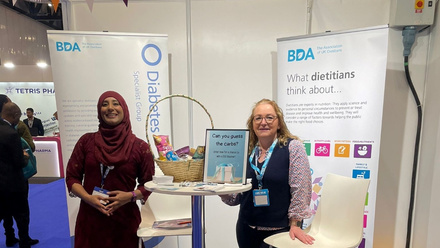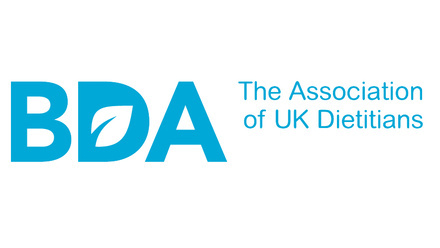Jean Langford is in her first year studying Dietetics after a career change. She shares how volunteering has helped her to understand more about being a Dietitian and working with other healthcare professionals.
I am in my first year on the MDiet course at Queen Margaret University. I previously graduated in International Business studies in 2017 from the University of Limerick in Ireland, and have made a total career change since.
I have lived with type 1 diabetes for 16 years, but five years ago I began seeing a diabetes specialist Dietitian for the first time, who had a hugely positive impact on me.
With her support and the support of the brilliant team of diabetes specialist nurses and endocrinologist who I have been attending since, I was able to change my entire approach to my health and outlook on managing diabetes after 11 years of struggling to live with it. As a result of this excellent care and diabetes education I received, my goal since then was to train as a Dietitian for people living with diabetes.
I moved to Edinburgh from Ireland for my studies and when I arrived, I reached out to DiabetesScotland for support and information on living in Scotland with diabetes. The team were a fantastic support and advised me to volunteer at the DiabetesUK Family Weekender, where I had the most incredible experience.

Jean Langford and the team of volunteers with DiabetesUK
The weekend was for children aged 0-11 living with type 1 Diabetes, their parents and/or guardians and siblings. At the weekend there were general volunteers like myself, nurses, doctors, psychologists and Registered Dietitians.
To participate and ensure everyone's safety, volunteers must apply, be interviewed, do mandatory online training, in-person training, and must be approved by Disclosure Scotland and receive confirmation of PVG given the nature of working with young people and families.
In November I volunteered with the early years group which was children aged 0-3 years old. The Dietitians and diabetes specialist nurses worked together at meal times and activity times to ensure best management of insulin dosing and blood sugar management for the children with Type 1 diabetes in our group. Only HCPs were permitted to carry out any medical duties such as checking blood sugars, carbohydrate counting, dosing for insulin, and treating low and high blood sugars.
Because parents and siblings had separate programmes, each team's HCPs were briefed by parents on each child's dietary requirements, symptoms of different blood sugars, preferred hypo treatments and any other relevant information that would need to be accounted for to ensure that the children could be supported and that the HCPs felt confident with the children.
While as a volunteer, I was unable to assist or make any decisions with regard to the children's diabetes management, as an RD2B, it was incredible to witness the proactiveness and decision-making by the HCPs to support the children with their diabetes care.
Their responsibilities included; carbohydrate counting, insulin dosing, ensuring the children ate the food counted for, hypo treatments, hyper treatments, for many activities and meal times over the weekend. It was an invaluable experience to see in real-time how HCPs use their expertise and work together to ensure that the children were safe and well, and importantly, that all children and their families could enjoy the activities on the programme, make friends and have a fantastic, supportive and positive experience while living alongside type 1 diabetes.
You can find out more about volunteering at BDA here and how I got involved with type 1 Diabetes events with Diabetes UK.





